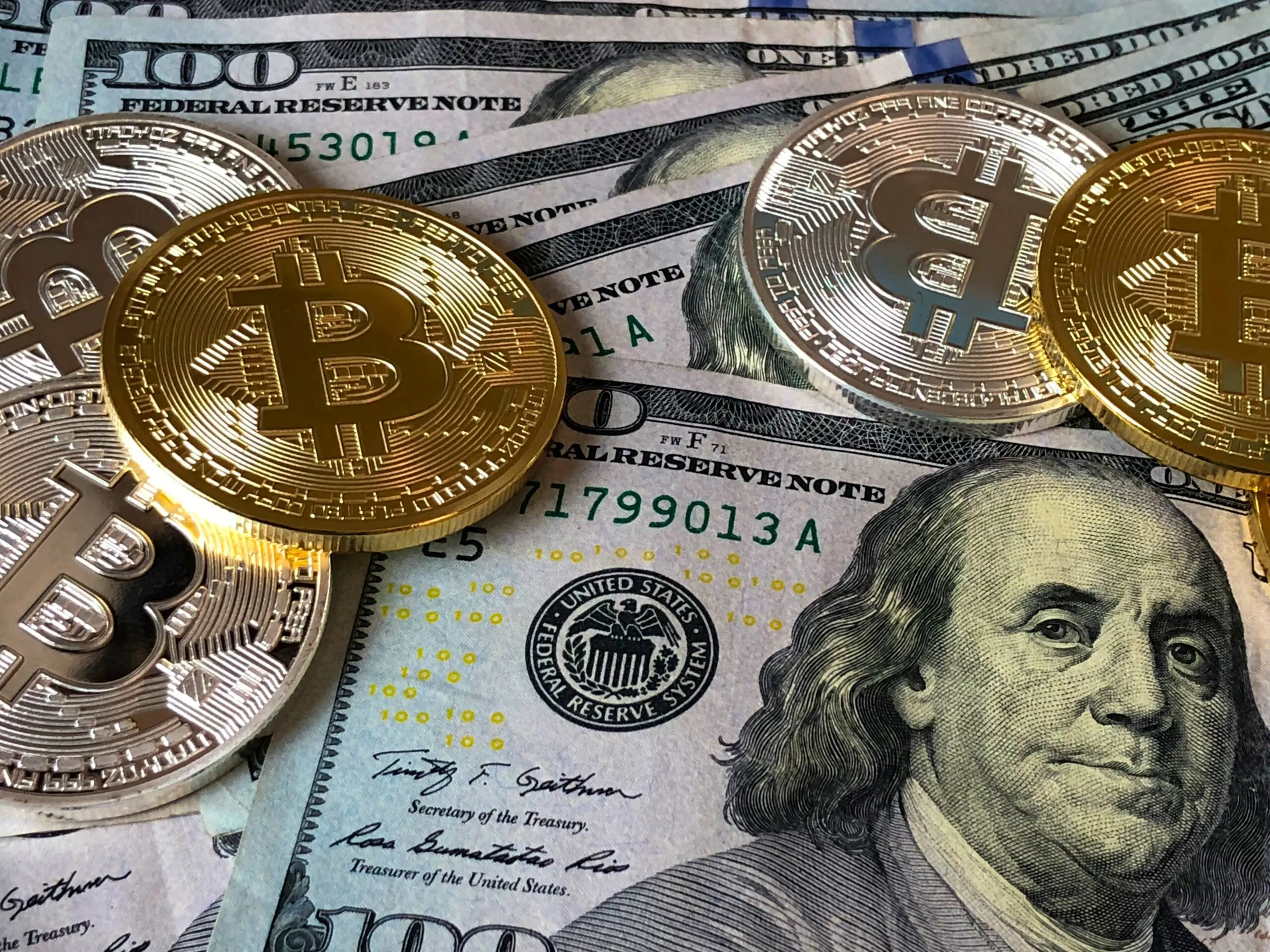What Are Digital Currencies?
Digital currencies are defined as currencies that are in digital or electronic form. They do not have any physical characteristics and transactions made with digital currencies are made via computer or electronic wallets.
Some examples of digital currencies are:

Central Bank Digital Currencies (CBDCs)
Central Bank Digital Currencies (CBDCs) are digital tokens that are similar to cryptocurrencies, except they are issues by central banks of the country. They are pegged to the value of the country’s fiat currency. With the increasing popularity of digital currencies, several countries are getting involved in the research of CBDCs.
Some developing countries like Japan, Singapore and more are exploring CBDCs to understand its impact on the economies, stabilities, and potential advantages to possibly enable CBDC in the near future. For example, Singapore’s Project Ubin was launched in 2016 to explore the application of DLT for the clearing and settlement of payments and securities within an interbank network. MAS has collaborated with JP Morgan and Singaporean investment company Temasek on the project and has tested the technology with more than 40 companies.
Stablecoins
Stablecoins are cryptocurrencies that rely on stable assets for its basis of value. They can be pegged to a fiat currency (e.g. U.S Dollar) or even have their value linked to previous metals (gold or silver) or even other cryptocurrencies. They are less volatile as they are like the currencies that we use every day.
Cryptocurrencies
Cryptocurrencies is another type of digital currency which is secured by cryptography, hence the name ‘cryptocurrency’. Cryptocurrencies are known for its security as they are almost impossible to duplicate and they are backed by blockchain technology. They are also not impacted by governmental manipulation or interference due to its decentralized nature.
Centralized Versus Decentralized Digital Currencies
Digital currencies can be centralized or decentralized. Centralized digital currencies have a centralized system of production and distribution by central bank or government agencies. Example of a centralized digital currency is fiat currency or Central Bank Digital Currencies.
Decentralized digital currencies, also known as peer-to-peer money are currencies that does not require banks to transfer or make transactions with. Decentralized markets allow people to transact directly with one another instead of via a centralized exchange. They are used mainly within the virtual market. Cryptocurrencies are decentralized digital currencies based off blockchain technology. Some prominent examples of decentralized currencies are bitcoin (BTC) and ether (ETH).
The Difference Between Digital Currencies and Physical Currency
Physical currency is defined as the coin and printed money (of the country) and designated as the legal tender. It can refer to the tangible monies (coins and paper money) in circulation or credit money and electronic records within financial institutions.

It is important to note that digital currency, unlike physical currency can never take a physical form. Digital currency will remain on a computer network and would only be transacted or exchanged via digital methods.
Advantages of Digital Currencies
Faster To Transfer & Transact With
Digital currencies exist within the same network and would allow transfers to be done without any intermediaries. They are instantaneous and low-cost as compared to traditional payment methods that require banks. Transacting with digital currencies are also more secure as the records are done in a clear and transparent manner.
Easier To Implement Monetary & Fiscal Policy
Digital currencies like CBDCs can easily circulate money into the economy by simply disseminating the payments to citizens directly. This would streamline the process of actually having to physically manufacture or transport any sort of physical currency.
Transaction Costs Are Cheaper
As mentioned above, the transactions of digital currencies are done within the network and this would mean cutting out an extra entity required to complete the transaction. This would eliminate the need to pay any other entities extra costs for that transaction, making it cheaper.
Disadvantages of Digital Currencies
Increased Cybersecurity & Hacking Risks
With any form of technologies involved, it would involve some form of technological risks or cybersecurity risks. As technology advances, the level of online illegal activities would increase as well. Digital currencies’ digital provenance would mean that it is susceptible to hacking, that can cause these digital currencies to be stolen. There are several cases of hacks within the cryptocurrencies space which indicates that the security of digital systems still has room for improvement.
Volatile In Value
Certain digital currencies are volatile due to its decentralized nature which makes them extremely prone to price changes.
Storage & Infrastructure Issues
Unlike physical currencies, digital currencies do not require a physical wallet to hold or store it. However, digital currencies still require a place to be stored and processed. Internet connection and smart devices are some mandatory conditions for digital currencies to be transacted and held. Naturally, an online wallet with a strong security would be critical to hold digital currencies without huge risks.
The Future of Money
With COVID-19 pandemic, it has accelerated the adoption of digital and contactless payments and also the acceptance of non-physical cash alternatives. It is unlikely for usage of digital and contactless payment to revert to pre-pandemic even without pandemic-related considerations. With this shift, it has shown that the possible end of an era for cash as digital and contactless methods become the norm.

Undoubtedly, there are unlimited potential ways that money can evolve. However, with the appearance of CBDCs, Stablecoins and digital payment system, there is a strong possibility that it will play a major role in the demise of physical currencies.
However, it is unlikely for cryptocurrencies to become the downfall of physical currency – one main reason is due to its unregulated and decentralized nature. This would mean that their value would be derived solely based on the supply and demand due to the limited supply in circulation and they would not be able to be manipulated easily like fiat currency. There are skepticism about using cryptocurrency as a mode of exchange as it is too volatile as well. They exist out of the scope of government control, and this would mean that the viability of this currency to be dependent on trust. It would require an environment that the cryptocurrency does not lose its value too quickly.
Even with the increased adoption of cryptocurrencies, they still do not hold characteristics that would support the potential use-case of it being ‘money’. At this point of time and with the current technologies, they would most likely remain as a collective or speculative asset for investors
However, viable alternative to physical currencies like CBDCs or other fiat digital money would hold a stronger potential in replacing it. They are government-issued, and its value would be derived from the relationship within supply and demand and stability of its issuing government rather than the asset that the currency is pegged to or demand-supply within circulation system.
Even with the advancement of technologies coupled with the changes of consumers’ habits, the future of money is highly dependent on having a strong and stable currency to avoid the possibility of hyperinflation that could result in a breakdown in economy or political instability.
About Storm2
Trusted by FinTechs globally, Storm2 is a FinTech recruitment specialist that prioritizes making the right hires to help FinTechs succeed. Our blockchain and cryptocurrency recruitment specialists are equipped with strong market knowledge and insights to help advise and guide you along your startup journey. If you are looking for top FinTech talents to scale your team, we have a strong network of specialized candidates ready to connect and help your startup succeed. Get in touch with us now to find out more.






